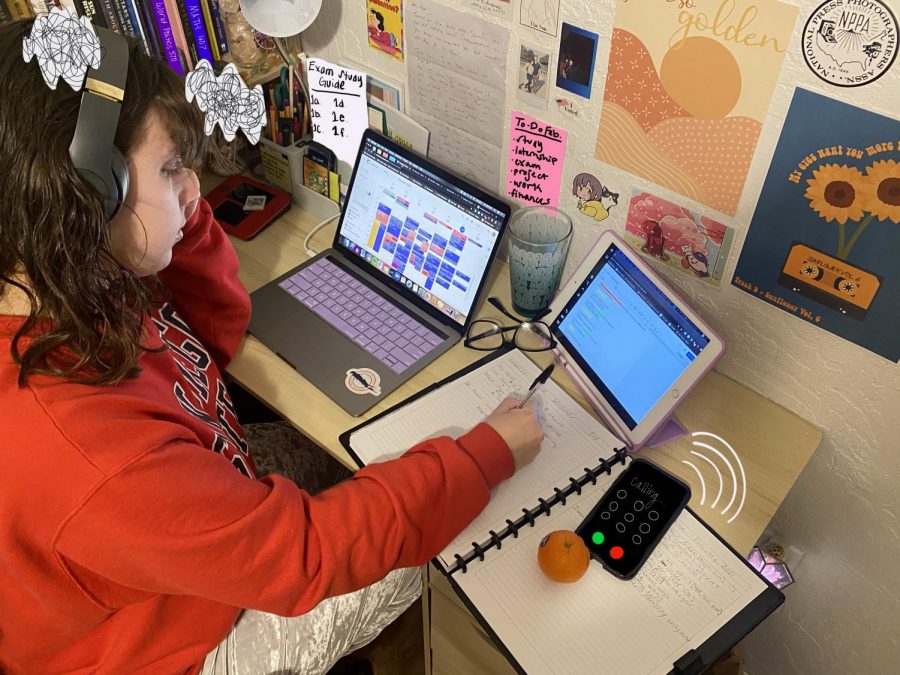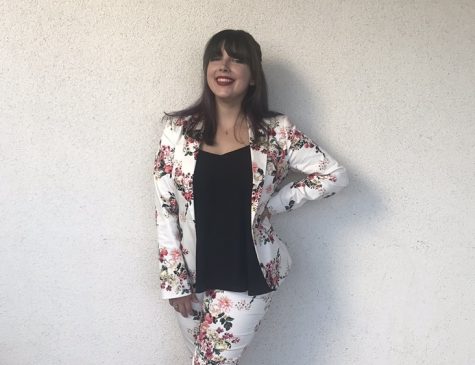It’s no secret that the last 12 months have thrown countless obstacles and struggles at everyone. Whether it was our health, financial situation, professional life or academics, our lives look drastically different than before and sometimes it’s hard to process everything while still experiencing it.
Most young adults have been faced with the challenge of navigating online school, work, internships and their own personal lives all at once. Not to mention, we’re combatting unprecedented technological fatigue.
I have never spent more time on a screen than I have in the last year. Between Zoom lectures, virtual friend dates, video call interviews and my free time where I play video games and watch Netflix.
How does this contribute to burnout? How are young adults taking time away to recharge? People from across the country weighed in on how they’re handling it all, and if they’re receiving enough resources to care for their mental health.
Joshua, a biology student at Xavier University in Ohio, shared part of the pressures he feels people face when dealing with mental health.
“Society should treat both as seriously as they do biological illnesses. Mental health can have major detrimental effects on victims when not taken seriously, as can burnout,” Joshua said. “Society should normalize talking about such topics so more help can be provided to those in dire need.”
Burnout isn’t an excuse college students or young adults use or something we make up. Taking breaks is essential and it’s unhealthy to constantly be working without taking time to care for yourself.
The National Institute of Mental Health reported that in 2019 nearly one in five U.S adults lived with a mental illness. Especially during the pandemic, college students are struggling to handle it all virtually. The stress of school, taking extra precautions to stay healthy and not contract COVID-19, and for some students, the loss of spring break, makes it extremely difficult to go about every day.
This past year has been the worst my mental health has ever been. My anxiety is ever-present in my daily life, and I have been prone to experience more panic attacks. My depression has sunk my motivation to complete schoolwork, talk to friends, even cook dinner for myself. I am struggling to get it all done and not feel like either a failure, exhausted or both. I never feel like I’ve done everything I need to do in a day.
Jada Johnson, a San Diego State alumna, says that real changes need to be implemented into society and the way it operates.
“It’s time we start restructuring the work system from minimum wage, maximum hours to healthy pay and fair time,” Johnson said. “People should be able to take time for themselves without feeling they’re not able to accomplish their work goals because of it”.
I would continue talking about it myself, but I’m going to let the students who shared their experiences with me do the talking.
Karyna, a current SDSU student said, “Discuss the importance of mental health to their students at this time of a global crisis & remote instructions. Allowing students and professors to take time off because many of us are going through hard times. Professors to be more lenient & having more rest days for students. An actual spring break would be nice! Life is not normal right now, society needs to stop expecting its students to perform as if life was.”
Jason, a student at Prince George’s Community College said, “I believe it’s important for society to break the stigma around mental health in general. It is also important to discuss how common burnout is among young adults. Once we discuss how common it is, I believe more people would be open to talking about their experience with burnout. This will allow society to address the harms of burnout.”
Lily, a recent SDSU graduate, said, “I believe it’s normal to face burnout and instead of telling people to continue going and to keep pushing themselves, to allow them to rest. We can’t be our best selves when we are burnt out, we need to take a step back and allow our minds and bodies to truly rest.”
We’re not lazy. We aren’t making our struggles up. We’re tired of being invalidated for what we’re going through. Tangible changes need to be made and they need to happen now.
Alexa Oslowski is a senior studying journalism. Follow her on Twitter @AlexaROslowski.









